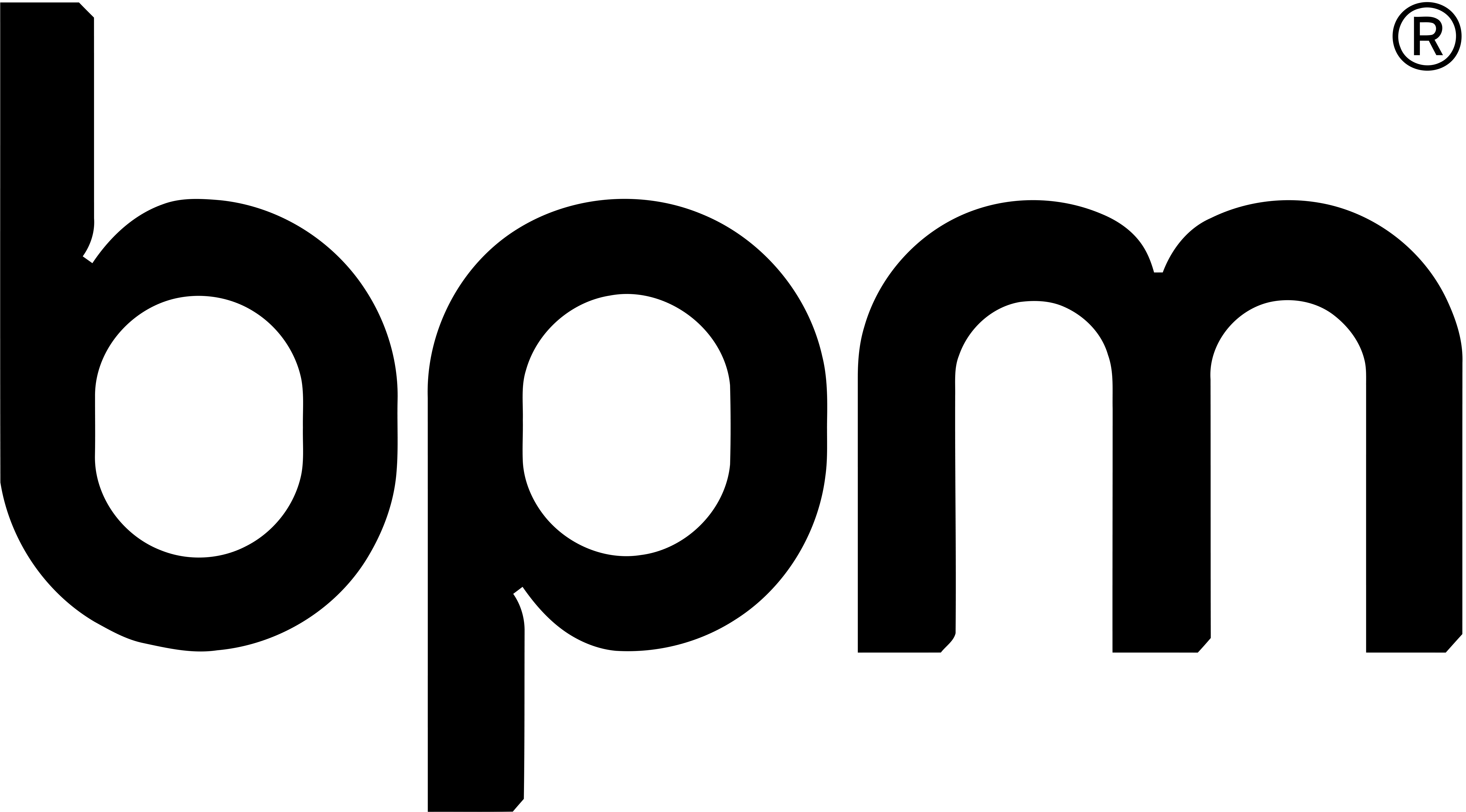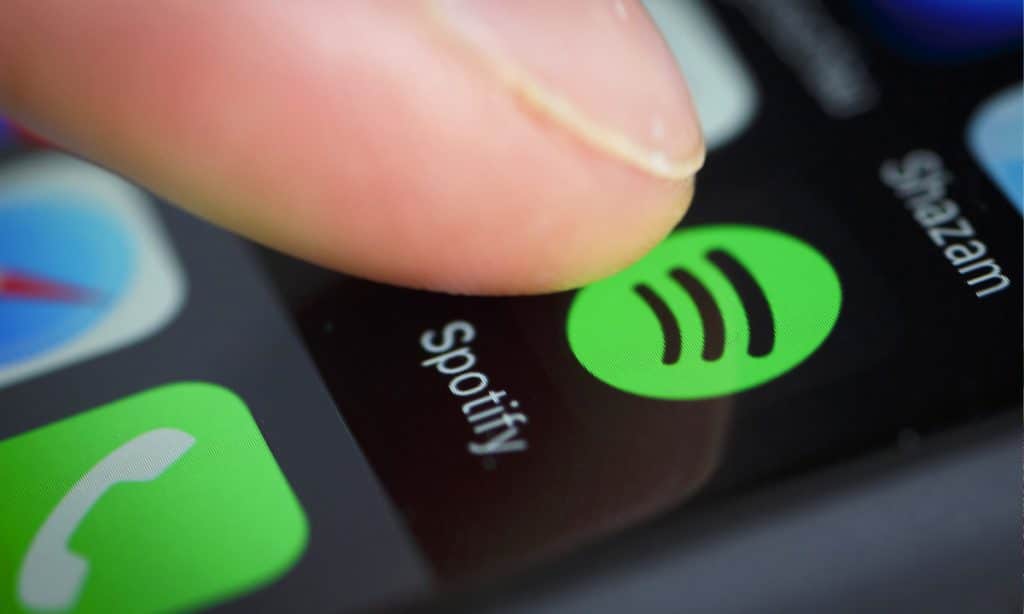The London-based company would be more effective than those of Shazam in terms of musical identification.
On its site, the company indicates that it is able to identify music despite changes in tempo, pitch, adding background noise, distortion, filters or other effects. However, it appear that Spotify didn’t bought the company to compete with Shazam but rather to boost the system of recommendations of its service.
In a very short release, the musical streaming giant explains that Sonalytic’s audio detection capabilities will be used to “improve Spotify’s custom playlists” and to improve its “data publishing system” (analytics for artists?) . One can already imagine how Spotify can use this feature to improve its custom playlist like the Daily Mix or the playlist of the week, for example by suggesting covers and remixes of songs that the user will be sure to love.
We’re happy to announce that Sonalytic is joining the Spotify family. The Sonalytic team is passionate about creating technology to improve the music ecosystem for artists and fans.
Their advancements in audio feature detection will be used in several ways to advance Spotify’s mission: from improving Spotify’s personalized playlists to matching songs with compositions to improve our publishing data system. Stay tuned for new products we’ll bring to market with Sonalytic’s help.
– The Spotify team
Moreover, Sonalytic also offers a technology to “discover the perfect music for any situation” and to find new songs to listen, based on personal tastes. Directed by Martin Gould (CEO), Sonalytic operates in BtoB mode with a web interface and an API for its biggest customers.
Because Sonalytic is also the origin of a musical recommendation system based on machine learning. In this logic, listening habits are followed, which can help music professionals, it could also help Spotify for copyright issues. One can imagine that samples of songs used in mixed content could be detected. This would make it possible to publish such titles, while remunerating the rights holders.
Despite a major competition in the field of music streaming, Spotify has just announced that it has passed the bar of the 50 million paying subscribers, consolidating its position as number one. For its part, Apple claimed 20 million subscribers last December.


